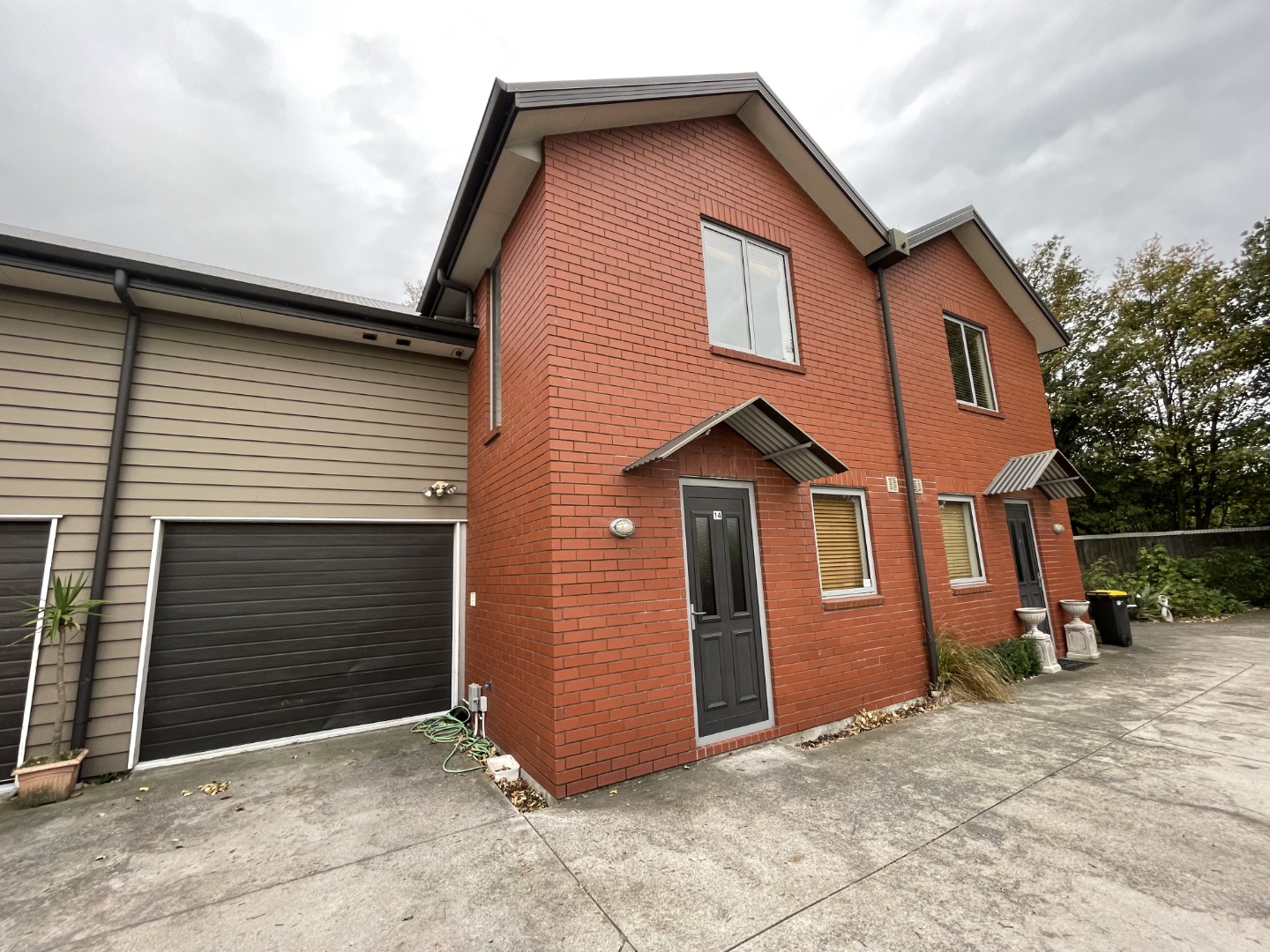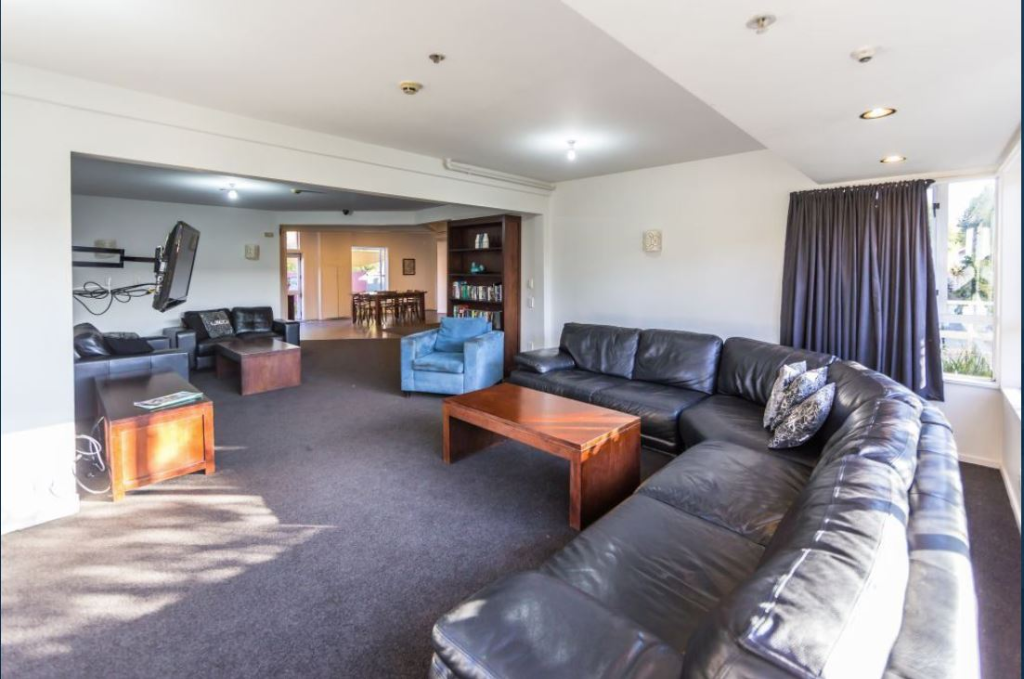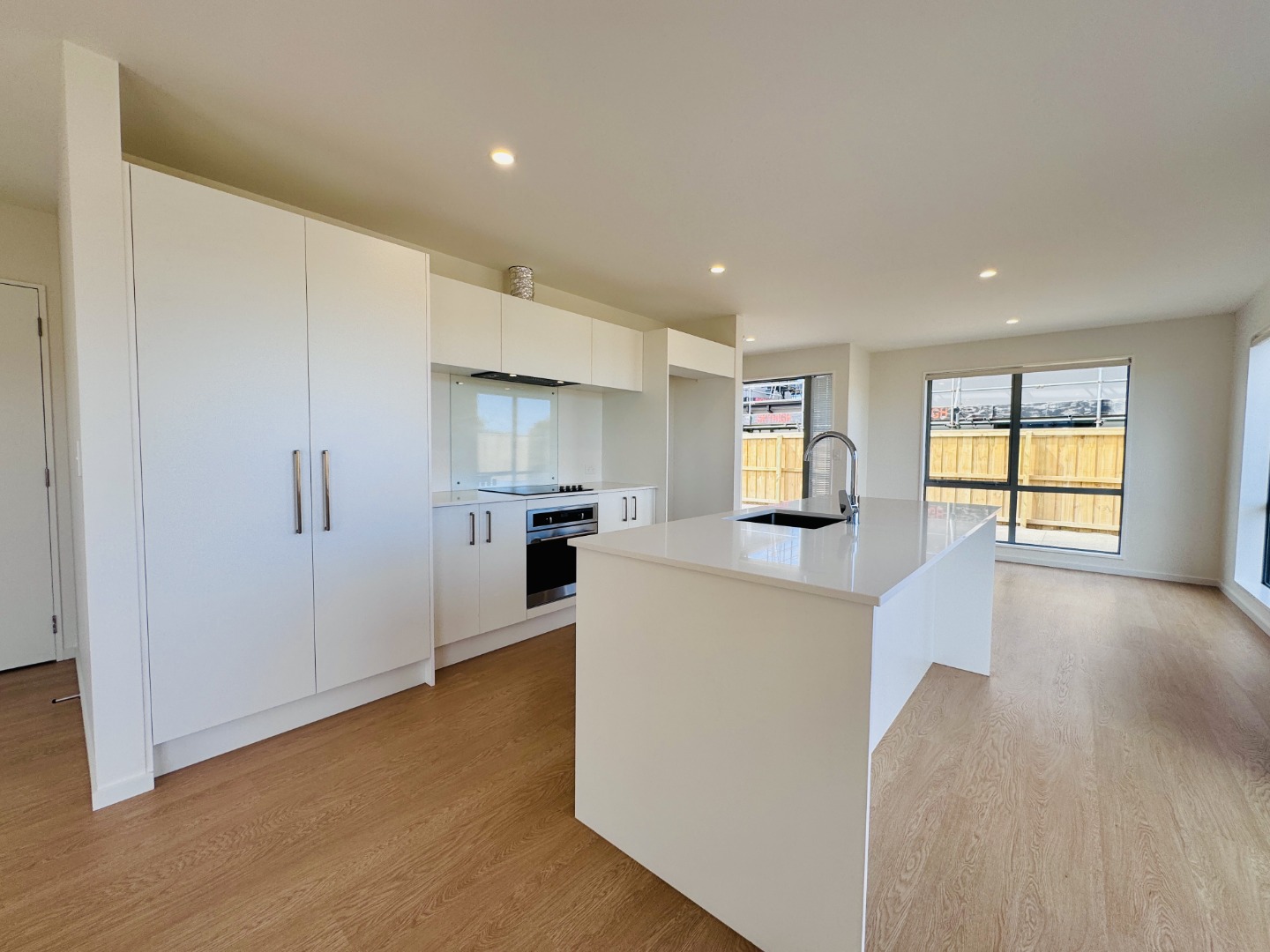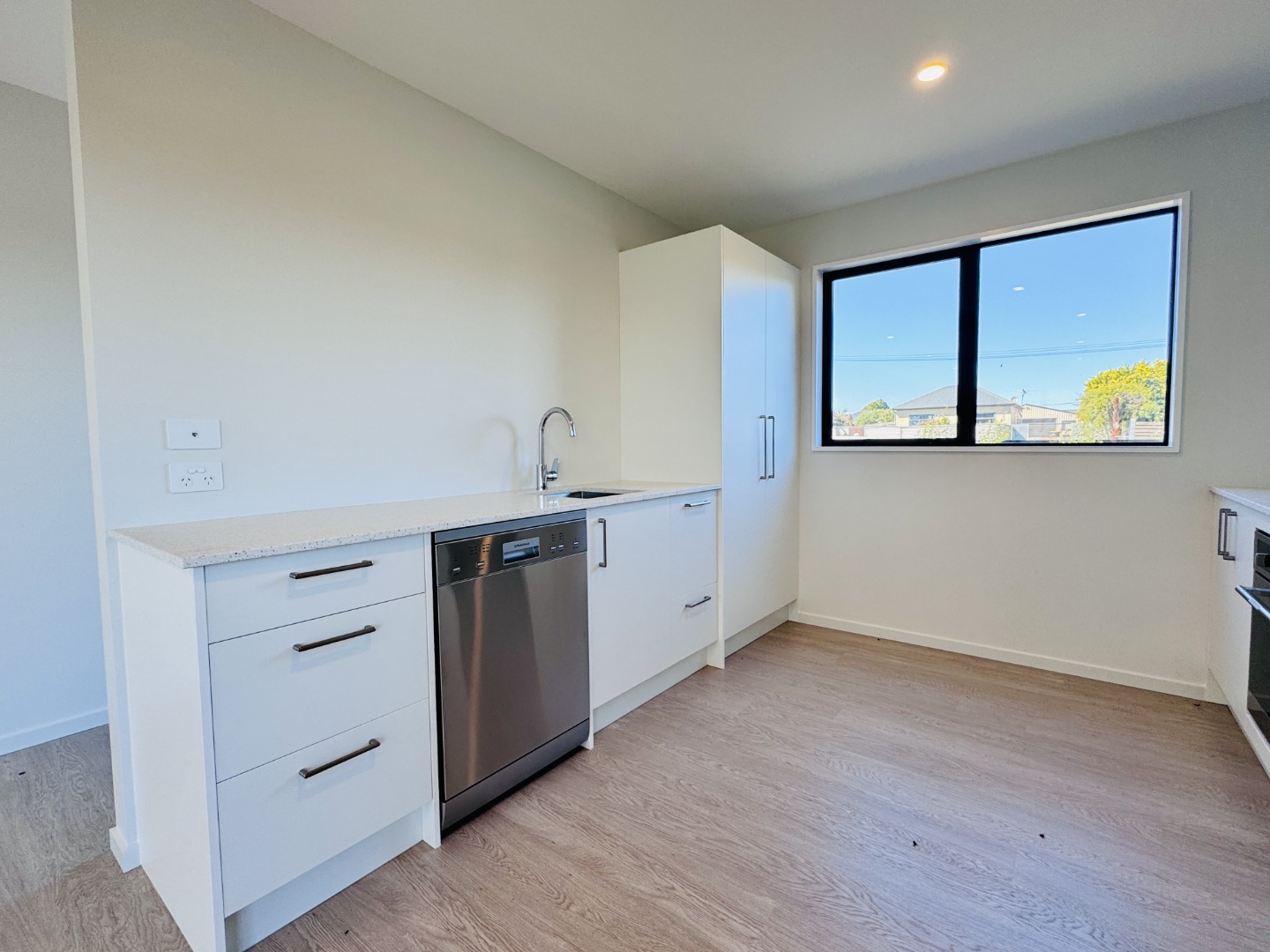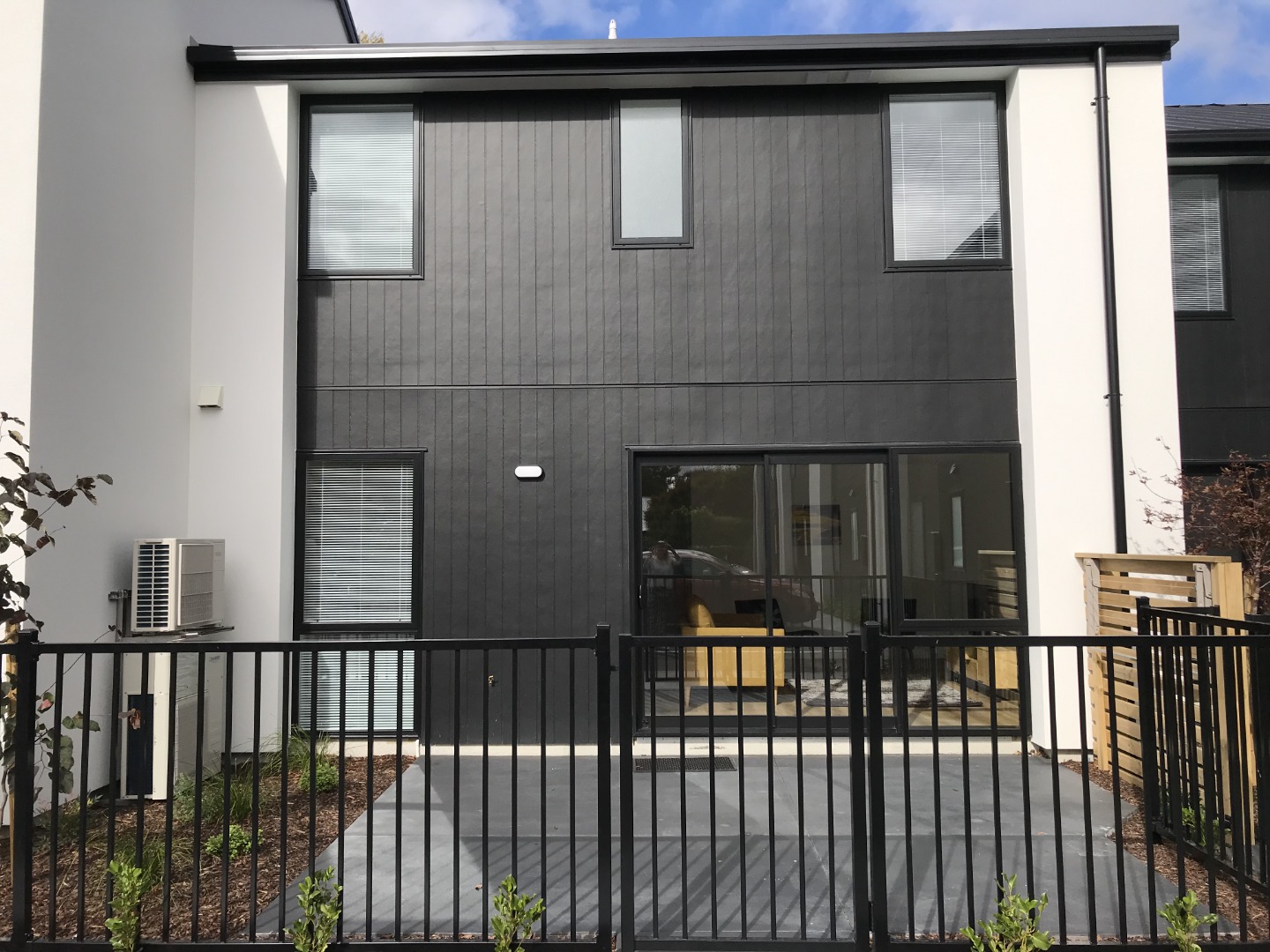

Is Buying New All It’s Cracked Up To Be?
According to Stats NZ, our population hit 5.1 million in December 2020 and forecasts suggest we could reach 8.48 million by 2073.
The big question is, where will these extra few million people live? Our guess is a lot of them will head for the likes of Christchurch – a fantastic new city with low house prices and rents, plenty of job opportunities and all lifestyle perks of being close to the sea, lakes and mountains.
Christchurch has also benefitted from substantial investment in new infrastructure, such as roads, schools and shops, which has made surrounding towns such as Rolleston, Kaiapoi, Woodend, Rangiora, West Melton much more attractive and easily accessible.
We all know there is a housing shortage nationwide and the challenge is to build at scale and speed in an affordable way and in locations where Kiwis want to live. Trademe stats for Christchurch in June show 865 properties currently for rent, which is down from the 900+ available in May and significantly lower than where stock usually sits (around 1400).
With the new tax rules announced by the Government in March it is possible that new builds will be exempt once the details are finalised – only time will tell. The rules will however make mortgage interest a non-deductible expense, something that will be phased in over the next four years for existing investment properties.
In response to the changes, Acting REINZ Chief Executive Wendy Alexander says, “Many landlords are likely to increase their rent in the coming years as they look to offset the costs, thereby making rents even more unaffordable than they are currently and making it even harder for renters to save a deposit for their own property.”
This means renters will have to rent for longer.
So, what are the perks of investing in new?
You can claim depreciation on chattels...
In New Zealand, depreciation, the reduction in value of an asset over time due to wear and tear, can be claimed as an expense for income tax.
As far as property investors are concerned, residential rental properties are made up of three items: land, buildings and chattels. Land cannot be depreciated, nor buildings since the IRD changed the rules in April 2011, chattels on the other hand, can be.
The newer the property, the higher the value of the chattels, however to claim depreciation, a valuation must be completed within six months of purchasing your rental and before you submit your tax return. Getting a professional to do this is your best bet.
Attract quality, long-term tenants...
As a general rule, the better the condition of the property, the higher quality of tenant it will attract. A home that is warm, dry and requires minimal maintenance will appeal to someone who will care for the property, pay rent on time and in turn stay longer.
Low or no maintenance...
With a brand new house you would expect minimal maintenance for at least 5-10 years. New homes come with a 10-year Master Build Guarantee (something to make certain of when purchasing). This cover protects you if there is a problem with the expected standard of the work carried out by your registered Master Builder.
Lower deposit required by banks...
From May 1 2021, investors will need a 40% deposit to buy an existing residential investment property, whereas most banks will approve an investor’s mortgage with just a 20% deposit for a new build.
Investing in new builds won’t be for everyone, however it is a great option for hands-off investors and long term buy and hold investors. There are plenty of building companies such as Mike Greer Homes offering turn key packages where everything is complete and ready to move in – or you can buy a section and complete the build process yourself – it all depends on your how much involvement you want to have and time you have available.
As always, we are available for a free, no-strings-attached chat on (03) 351 7643 – we love talking property investment and are happy to help guide you wherever we can.

